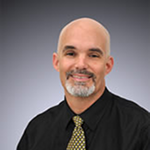
Dec. 28, 2016
Jeffrey Bryan
Dr. Bryan’s research focuses on comparative examination of cancers in companion animals to better understand cancers in all species. Bryan is an associate professor of veterinary oncology and director of the Comparative Oncology and Epigenetics Laboratory. His particular areas of interest are targeted imaging and therapy and epigenetics of cancer. Targeted imaging and therapy agents take advantage of particular properties of cancer to deliver an imaging or therapy payload to tumors. Bryan is leading research projects studying an immunotherapy agent targeted to the low-oxygen environment of cancer, an herbal derivative that targets iron in tumors, and a nanoparticle chemotherapy targeted…
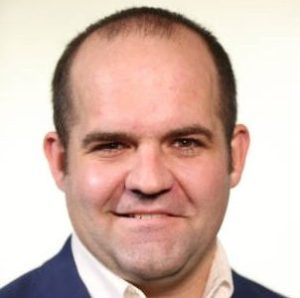
Dec. 28, 2016
Jared Decker
Genomics provides us with an opportunity to tackle questions that previously we did not have adequate tools to address. I use genomic data in multiple ways, from improving genome assemblies, to identifying causal variants, to investigating the genetic history of species.
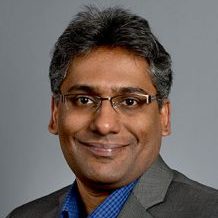
Dec. 28, 2016
Prasad Calyam
Prasad Calyam is the Greg L. Gilliom Professor of Cybersecurity in the Department of Electrical Engineering and Computer Science at University of Missouri-Columbia, and Director of the Center for Cyber Education, Research and Infrastructure (Mizzou CERI). His research and development areas of interest include: Cloud Computing, Machine Learning, Artificial Intelligence, Cyber Security, and Advanced Cyberinfrastructure. He has published over 200 peer-reviewed papers in various conference and journal venues. As the Principal Investigator, he has successfully led teams of graduate, undergraduate and postdoctoral fellows in Federal, State, University and Industry sponsored R&D projects totaling over $39 Million. His research sponsors include:…
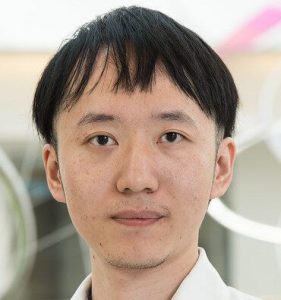
Dec. 28, 2016
Chunhui Xu
Chunhui earned his Bachelor’s degree in Molecular Biology from China Agricultural University in Beijing and his Master’s degree in Molecular and Cellular Biology from Brandeis University. Following these academic achievements, she joined MUII as a Bioinformatics Ph.D. student. Currently, she is serving as a research assistant under the guidance of Professor Dong Xu. His research focuses on employing deep learning methods to address bioinformatics problems and on the development of bioinformatics databases. She also provides bioinformatics support to other biological labs as part of collaborative efforts.
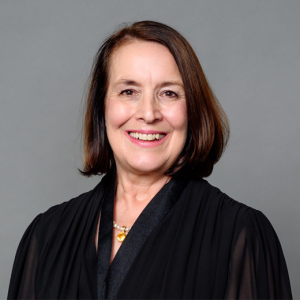
Dec. 28, 2016
Lori Popejoy
My professional nursing career has spanned about 30 years. In my early practice I worked primarily in intensive care nursing. The majority of that time I was in mid-level management. During my mid-career, I worked primarily in the nursing home setting as a study coordinator for several large nursing home research projects. From there, I reentered the management role as the Director of Nursing for Sinclair Home Care, which was the practice site for a study about aging in place. My work experience, which has included hospitals, nursing homes, and home health, has great depth and has inspired me to…
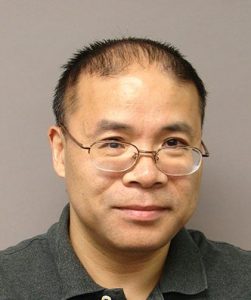
Dec. 28, 2016
Shi-Jie Chen
The current experiments on structural determination for RNA molecules cannot keep up the pace with the steadily emerging RNA sequences and new functions. This underscores the request for an accurate model for RNA three-dimensional (3D) structural prediction. Although considerable progress has been made in mechanistic studies, accurate prediction for RNA tertiary folding from sequence remains an unsolved problem. The first and most important requirement for predicting of RNA structure from physical principles is an accurate free energy model. Based on rigorous physical principles, Chen’s lab is developing computational models to predict 3D tertiary structures, energy landscapes, and kinetic mechanisms for…
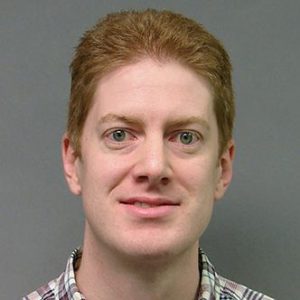
Dec. 28, 2016
Peter Cornish
Research in our laboratory is primarily focused on understanding the complexities of ribosome function using a variety of biophysical methods including NMR and single molecule techniques. One of our projects is in understanding translational regulation in particular the mechanism of recoding where the ribosome shifts reading frame due to the presence of specific structures within the mRNA. Recoding has been observed in all forms of life and has been shown to be essential for the viability of many viruses including HIV-1 and SARS coronavirus. We are also contributing to the ongoing effort of developing antiviral small molecules that specifically target…
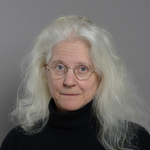
Dec. 28, 2016
Toni Kazic
Toni Kazic is an associate professor in the Electrical Engineering and Computer Science Department at the University of Missouri. She is currently working on methods to infer the structure of complex networks using the disease lesion mimic mutants of maize as a model system. Her work has included the development of an architecture for community query, deposit, review and curation of information on biochemical reactions, and the analysis of extant reaction networks. Kazic is a fellow of the American College of Medical Informatics and was an Invited Researcher to the Institute for New Generation Computer Technology. She served as a…
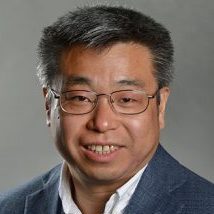
Dec. 28, 2016
Dong Xu
Dong Xu is Curators’ Distinguished Professor in the Department of Electrical Engineering and Computer Science, with appointments in the Christopher S. Bond Life Sciences Center and the Informatics Institute at the University of Missouri-Columbia. He obtained his Ph.D. from the University of Illinois, Urbana-Champaign in 1995 and did two years of postdoctoral work at the US National Cancer Institute. He was a Staff Scientist at Oak Ridge National Laboratory until 2003 before joining the University of Missouri, where he served as Department Chair of Computer Science during 2007-2016 and Director of Information Technology Program during 2017-2020. Over the past 30+…